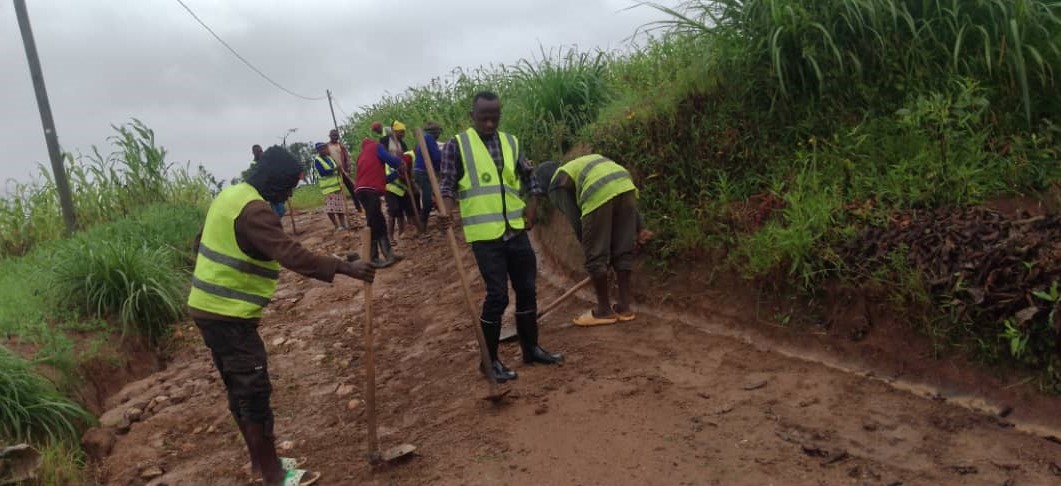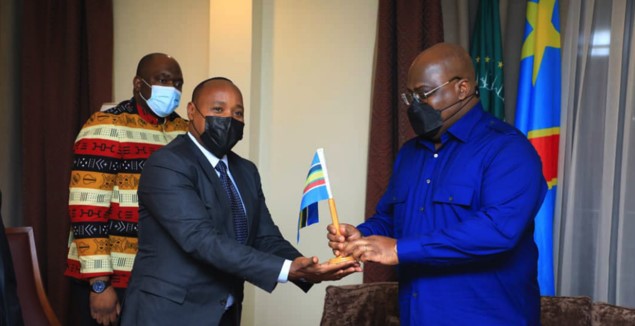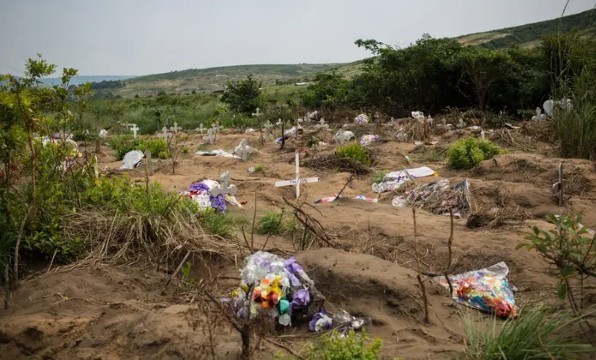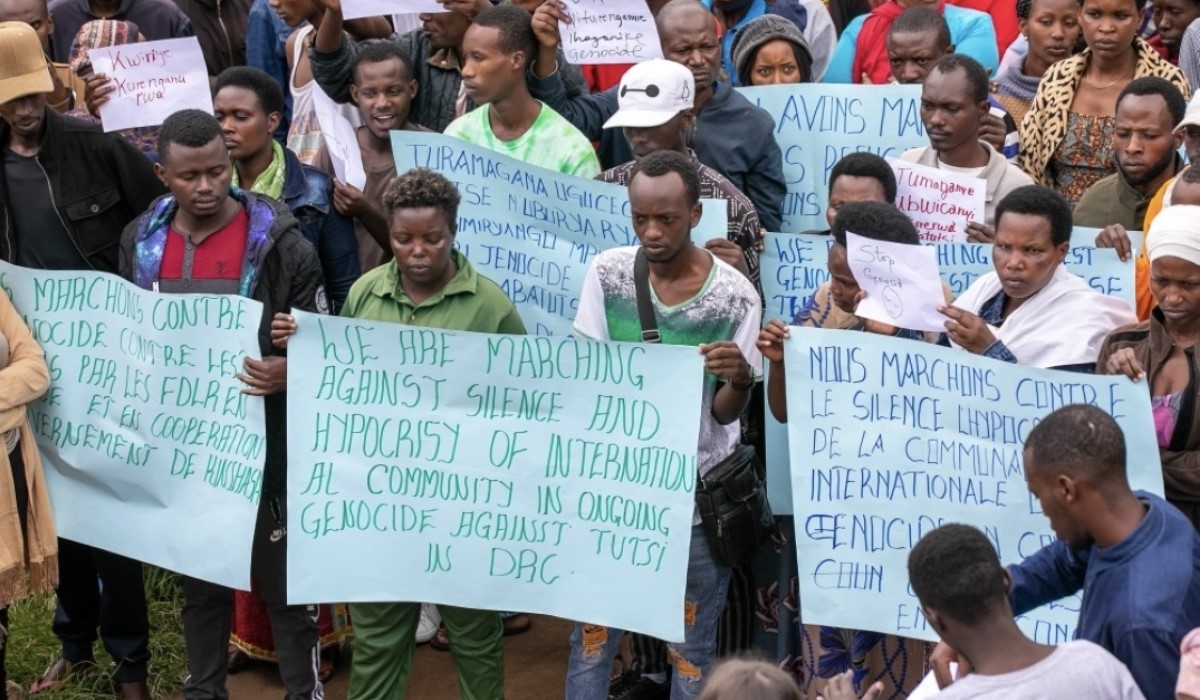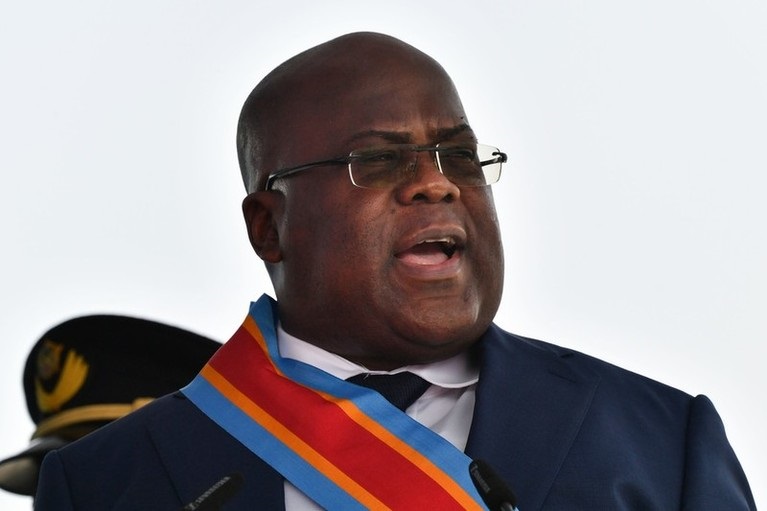Regional
Tshisekedi only exacerbates DRC conflict
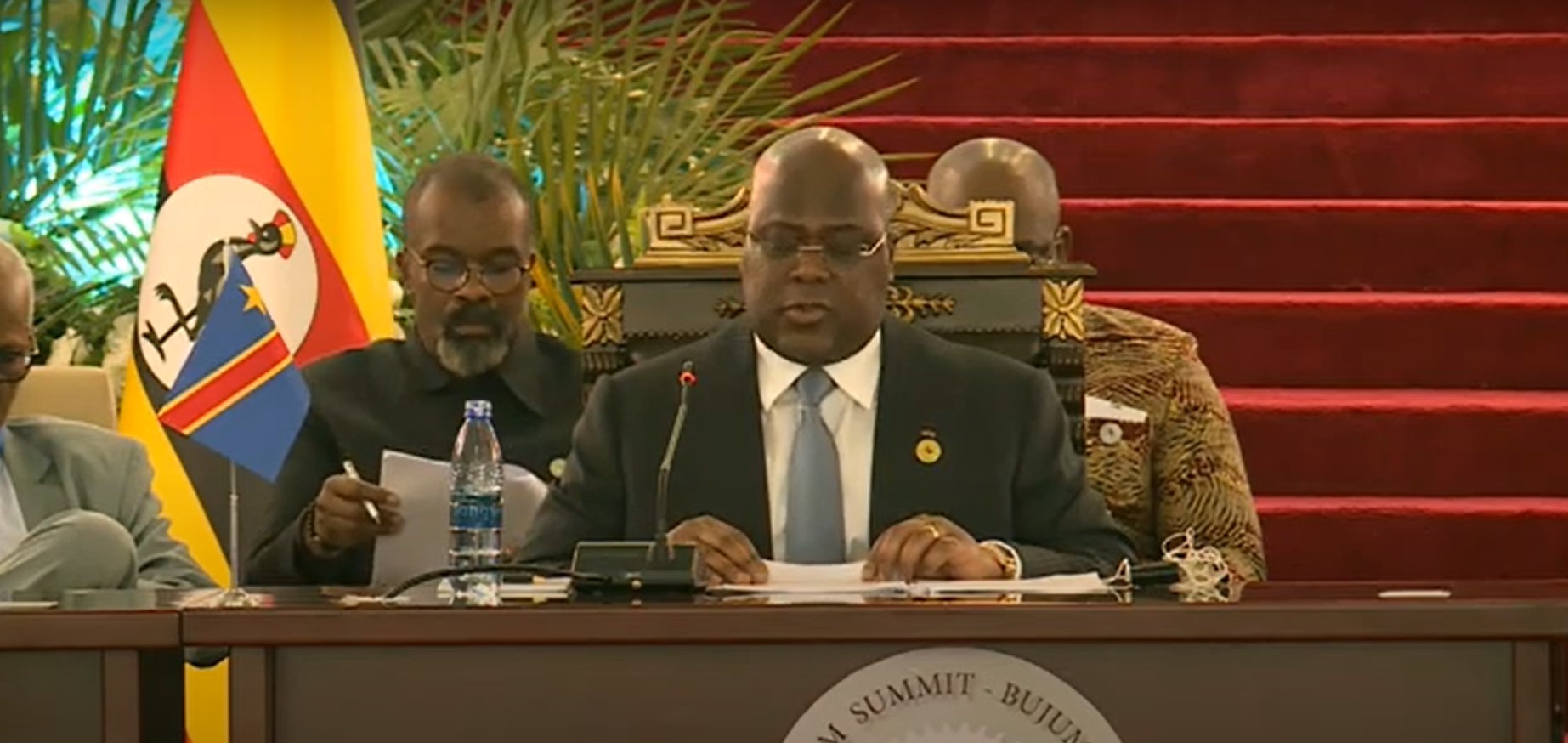
Several leaders heading the UN, African Union,
International Conference on the Great Lakes Region (ICGLR), and the Southern
African Development Community (SADC) gathered in Bujumbura on May 6 for the
11th Summit Oversight Mechanism of the Peace, Security and Cooperation
Framework for Democratic Republic of Congo (DRC) and the region.
The summit aimed at finding resolutions on ending
recurring cycles of violence in DRC and resolving conflict, tackling
instability, and building sustainable peace in the region.
As expected, DRC President Felix Tshisekedi ceased the
moment to repeat the same blame game that Rwanda is supporting the M23 rebels.
His blame game is simply a deflection of the root cause of the conflict in his
country.
Tshisekedi knows that the Kinyarwanda-speaking Congolese
have lived in fear, being persecuted and killed, which led to them taking up arms
and defending themselves.
The most important driver of the broader conflict and the
current war is whether the people of Kinyarwanda cultural heritage are
Congolese and whether, as a result, they are entitled to the same rights as
members of other cultural groups. Kinyarwanda-speaking Congolese live in large
swathes of North and South Kivu. Colonialism found them there, as did
independence. There are also descendants of migrants from Rwanda who arrived
several decades ago. Many of them were brought in as labourers by the
colonialists.
But the Kinshasa establishment has chosen to alienate the
Rwandophones despite the fact that they are DRC citizens with full rights like
others.
Worse still, the Bujumbura summit did not get to the
bottom of the matter – the root causes of the conflict.
During the summit, only Burundian President Evariste Ndayishimiye
made a call to address the root causes of the conflicts in eastern DRC although
his call was not captured in the resolutions.
Very often, proposed solutions to the conflict in DRC come
as means to end the M23 rebellion and often involve using force. But this
ignores a crucial factor in the rebel group's formation. The rebellion is
motivated by their commitment to protecting the Tutsi Congolese, who have suffered
from persecution, and hate speech. Their goal is to ensure that this community
has the same rights as other nationals.
However, Kinshasa views Kinyarwanda speakers as
terrorists. This is why ending the rebellion is unlikely until the concerns of
the Kinyarwanda-speaking Congolese are addressed, and the DRC expels all
members of the FDLR, a group formed by
remnants of the perpetrators of the 1994 genocide against the Tutsi in Rwanda.
After fleeing from Rwanda and being accommodated by successive Congolese
regimes, the FDLR has spread its genocidal ideology in eastern DRC where it
continues to target Congolese Tutsi communities.
For three decades, the FDLR has mistreated, oppressed,
and killed Congolese Tutsi. This violence is enabled by the collaboration
between the DRC national army.
Without addressing these root causes of the conflict, any
high-level meetings or proposed solutions will not yield tangible results.
What is currently happening is that Tshisekedi’s baseless
accusations towards Rwanda are only creating more unnecessary tensions and
distractions from the real issues at hand.
To find a lasting solution, all parties involved must
come together in a spirit of cooperation and openness and with utmost honesty.
This means engaging in meaningful dialogue, addressing the root causes of the
conflict, and working towards long-term solutions that benefit the Kinyarwanda speaking
Congolese.
Tshisekedi’s continued accusations towards Rwanda only
serves to further polarize the situation, make it more difficult to find a resolution,
and erode trust in international efforts to address the conflict.


.jpeg-20221214055432000000.jpeg)
